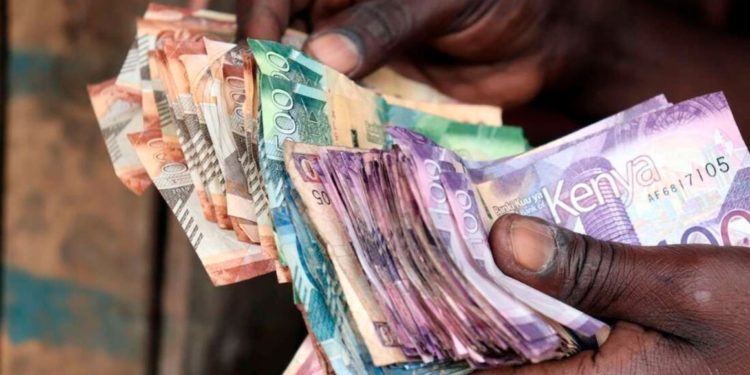The Kenyan shilling remained steady against major currencies in the week ending September 12, 2024, as the Central Bank of Kenya (CBK) reported a significant increase in foreign exchange reserves to KES 993 billion (USD 7.7 billion).
The rise in reserves, covering four months of import needs, comes amid stable liquidity in the money market and resilient demand for government securities, signaling a stable macroeconomic environment despite global challenges.
According to the CBK’s latest weekly bulletin, the shilling traded at KES 129.18 to the US dollar on September 12, only marginally changed from KES 129.19 on September 5. The currency’s stability, despite global headwinds and pressures on other emerging market currencies, underscores Kenya’s ability to maintain a balanced monetary position. The KES 993 billion in foreign exchange reserves is an improvement from KES 968 billion the previous week, helping the central bank meet its statutory requirement to maintain at least four months of import cover.
“The reserves remain adequate to support the currency and meet external obligations,” the CBK stated, adding that open market operations helped ensure sufficient liquidity in the financial system.
Investor demand for government securities remained robust despite a dip in yields. The Treasury bill auction on September 12 attracted bids worth KES 21.3 billion against an advertised KES 24 billion, representing an 89.1% performance. The CBK accepted KES 19.9 billion, with the average yield for the 91-day Treasury bill falling to 15.75%, down from 15.78% in the previous week. The 182-day and 364-day bills also saw marginal declines in yields to 16.62% and 16.82%, respectively.
The consistent demand for government debt highlights investor confidence in Kenya’s fiscal policy, even as the country navigates a challenging borrowing environment.
While the fixed-income market showed resilience, the equity market struggled. At the Nairobi Securities Exchange (NSE), the benchmark NASI index increased by a marginal 0.06% over the week ending September 12. The NSE 20 index posted a stronger rise of 0.7%, but the NSE 25 index dropped 0.4%. Market capitalization inched up 0.06% to KES 1.66 trillion, yet total shares traded fell sharply by 30%, and equity turnover slumped by nearly 39% over the same period.
The poor performance of the equities market reflects growing caution among investors, driven by both local and global factors. With inflationary pressures easing worldwide—particularly in the United States where headline inflation dropped to 2.5% in August from 2.9% in July—investors are focusing on safer, less volatile investment options.
The bond market in Kenya’s domestic secondary market also saw increased activity, with turnover rising 6.5% during the week. However, in the international market, Kenya’s Eurobond yields increased by an average of 24 basis points, following similar trends in Angola and Zambia. The rising yields suggest higher borrowing costs for Kenya as investors demand greater returns to compensate for perceived risks.
The report also noted easing inflationary pressures globally, with the European Central Bank cutting its policy rate by 25 basis points to 3.5%. This, along with a 0.3% weakening of the US dollar index against a basket of major currencies, offers some relief for emerging markets like Kenya, where dollar-denominated imports remain significant. International oil prices also fell slightly during the week, with the price of Murban oil declining to KES USD 72.34 per barrel from USD 72.99 on September 5.


















